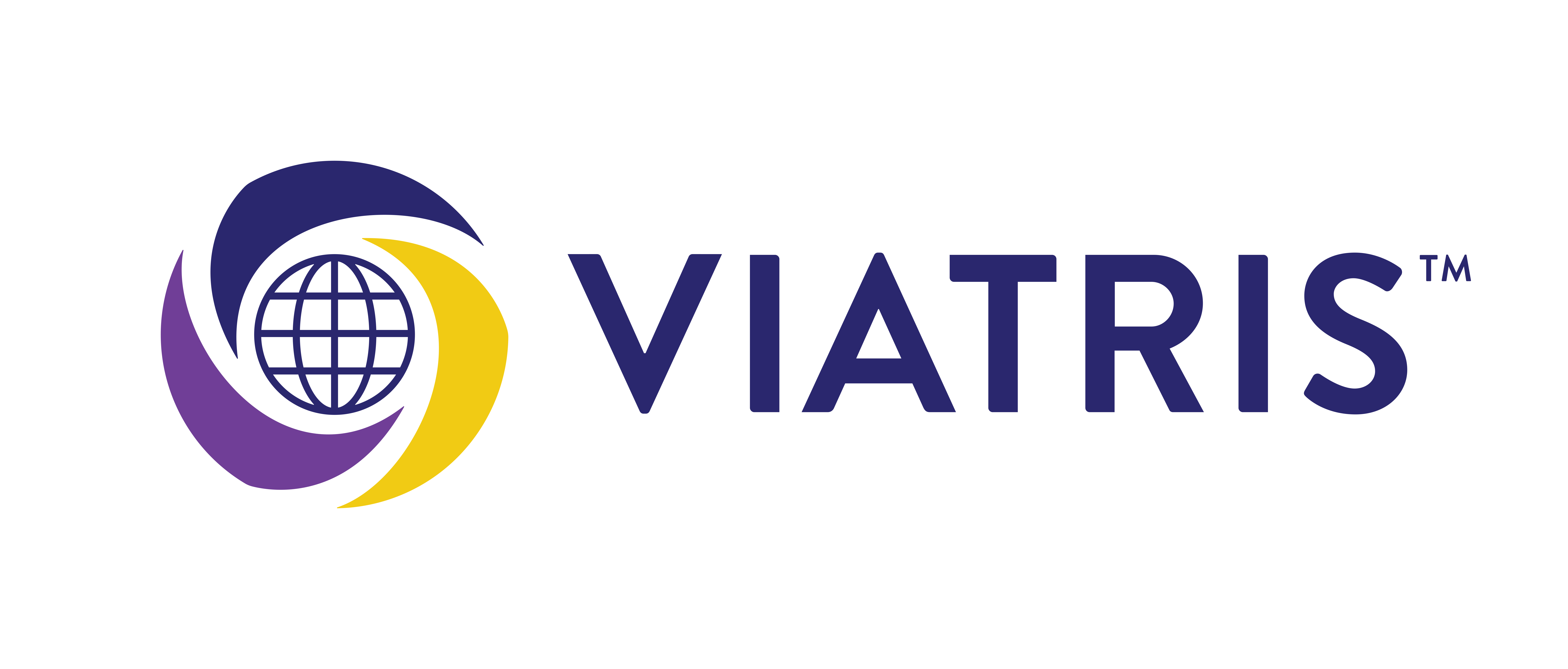Influence of HDL cholesterol on preclinical carotid atherosclerosis in familial hypercholesterolemia.
Arterioscler Thromb Vasc Biol. 2006 May;26(5):1107-13. Epub 2006 Mar 23. 
OBJECTIVE: The effect of risk factors on carotid atherosclerosis in heterozygous familial hypercholesterolemia (FH) is unclear. We evaluated carotid intima-media thickness (IMT) by sonography in relation to classical and emergent risk factors in a large FH cohort. METHODS AND RESULTS: Risk factors and carotid IMT were assessed in 196 asymptomatic subjects aged > or =25 years fulfilling strict diagnostic criteria for clinical FH who were either undertreated or treatment-naive. Conventional risk factors, but not lipoprotein(a), homocysteine, or apolipoprotein E (apoE) genotypes were univariately related to IMT. Age-adjusted and gender-adjusted IMT increased with increasing low-density lipoprotein (LDL) cholesterol and decreased with increasing high-density lipoprotein (HDL) cholesterol. Compared with a total cholesterol/HDL ratio >5.0, a ratio < or =5.0 was associated with a lower adjusted IMT, with a mean difference of -0. 09 mm (95% confidence interval, -0.13 to -0.04). By multivariate analysis, age, HDL cholesterol (negatively), physical exercise, family history of early-onset coronary heart disease, LDL cholesterol, and leukocyte count, in this order, were independent associations of IMT (r2=0.429, P<0.001). CONCLUSIONS: Traditional risk factors account for a sizeable proportion of variation in carotid IMT in FH. Because the HDL cholesterol level and the total cholesterol/HDL ratio are strong predictors of preclinical carotid atherosclerosis, HDL cholesterol-raising strategies should have an important therapeutic role in FH.
Partneři

